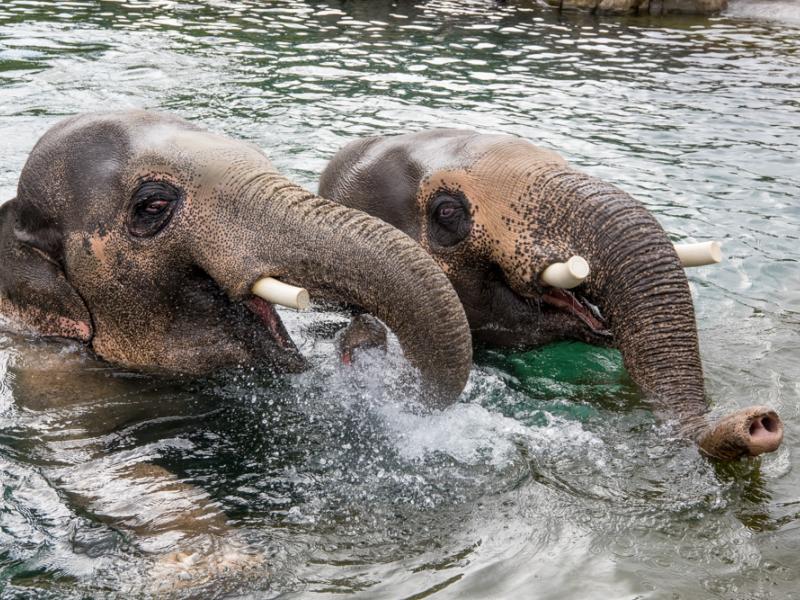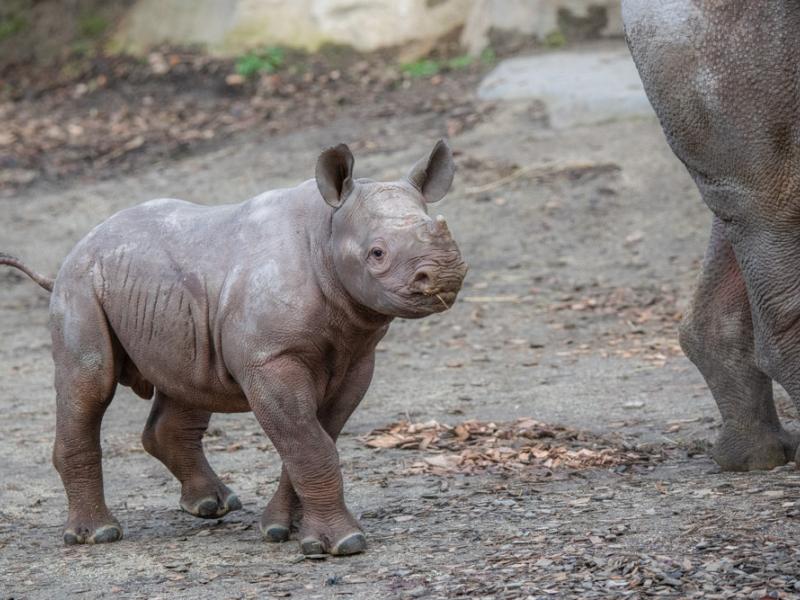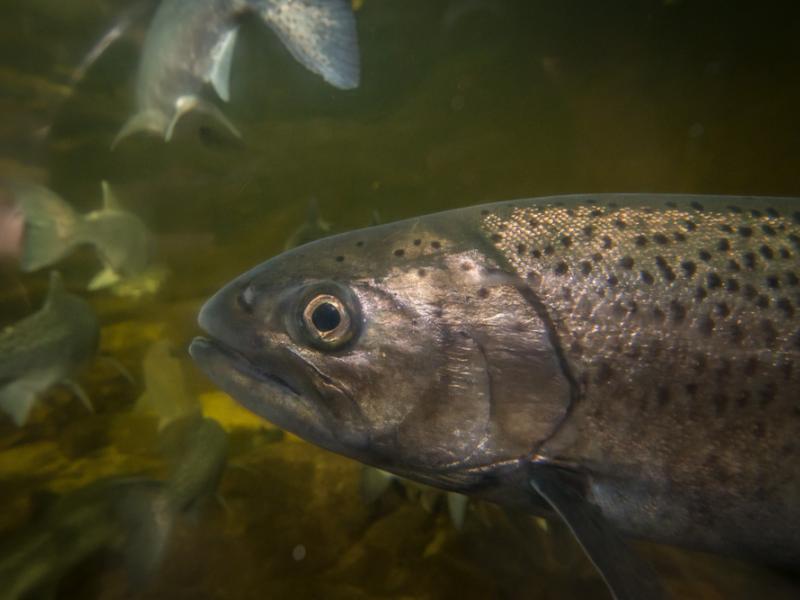Small actions that help tigers
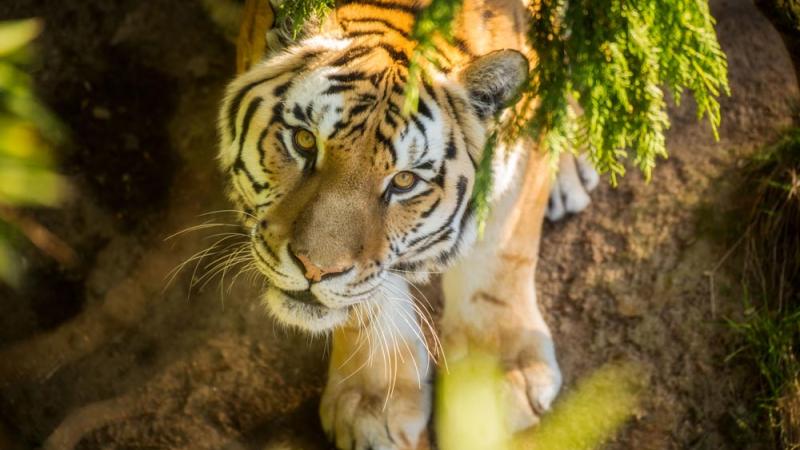
An estimated 70 percent of tigers – the world's most endangered big cats - now live in only 0.5 percent of their historic range. From Sumatra to Russia, tigers are intensely hunted to supply the illegal trade in their skins, bones and other parts used in traditional Asian medicine. Tigers are also threatened by the conversion of forests for agriculture such as palm oil plantations, logging and the encroachment of settlements, which deprive tigers of critical habitat and prey and lead to increased tiger-human conflict.
How you can help
-
Use the Sustainable Palm Oil Shopping App

Palm oil – used in foods, cosmetics and other products – is the world's most popular vegetable oil. The process of producing it destroys tropical habitats and significantly contributes to greenhouse gas emissions. Some companies are taking steps to reduce the palm oil's impact on the environment. Use the Sustainable Palm Oil Shopping App, produced by Cheyenne Mountain Zoo, to check if the product you are about to purchase is made my a company working to switch to deforestation-free palm oil.
-
Look for the FSC-certified label on wood and paper products
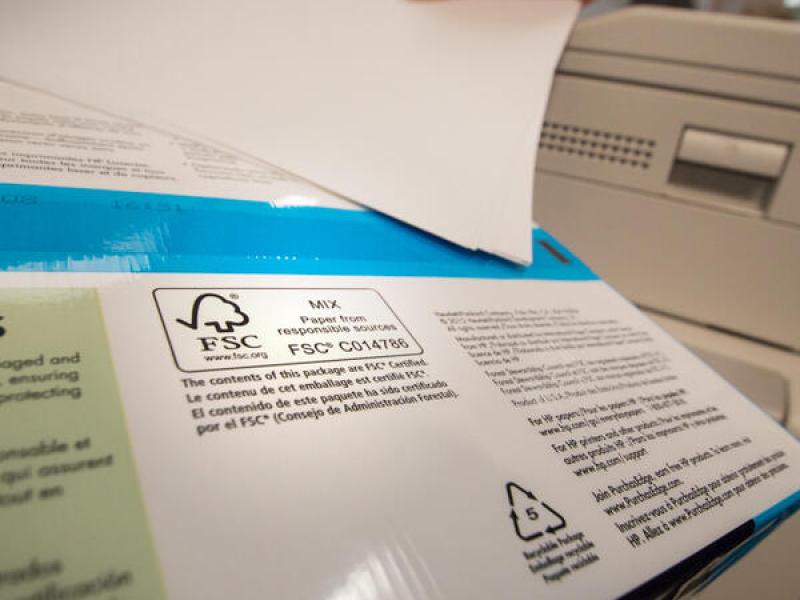
Whether you’re purchasing napkins, paper or a bed frame, look for the Forest Stewardship Council (FSC) label to help ensure that your wood product is “friendly” to forests. Forests are home to 80% of the world’s terrestrial biodiversity and they help to stabilize the earth’s climate. FSC standards help limit clear cuts, restrict the most hazardous chemicals and reduce erosion along rivers.
-
Opt out of junk mail

Each American household receives more than 100 pounds of junk mail every year, costing forests millions of trees and destroying homes for wildlife. Get off multiple mailing lists at once by calling the Direct Marketing Association at 212-768-7277 and request to be placed on the suppression file, or send a note with a $3 check or money order to: Mail Preference Service C/O Direct Marketing Association P.O. Box 643 Carmel, NY 10512
-
Waste less food at home

Forty percent of the food we buy never gets eaten, and wasted food hurts wildlife. Agriculture and food transportation can damage habitats worldwide, from the Arctic to the plains. Storing food properly, considering portions and shopping carefully can help prevent the wasting of food and prevent the burning of fossil fuels to transport it. These simple actions help protect wildlife and the habitats we all depend on.
-
Donate to the Oregon Zoo Foundation
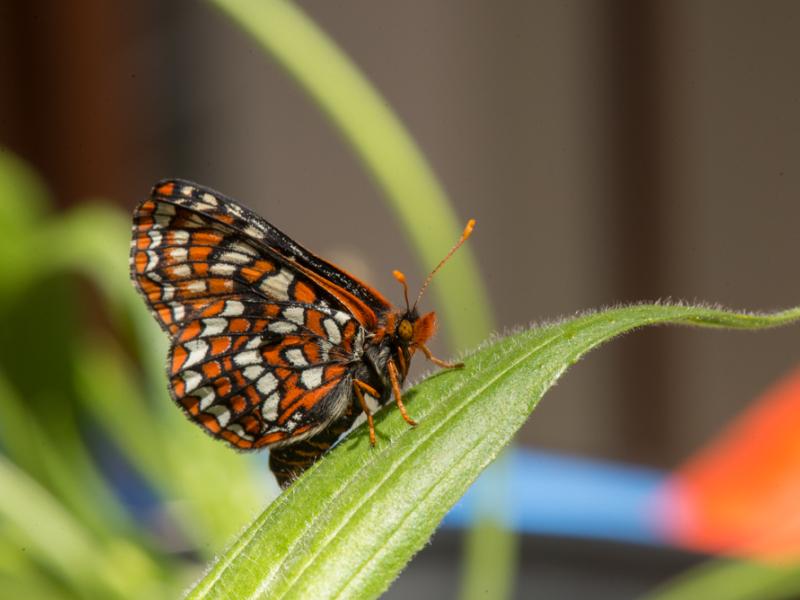
Donate now and make a world of difference for wildlife!


